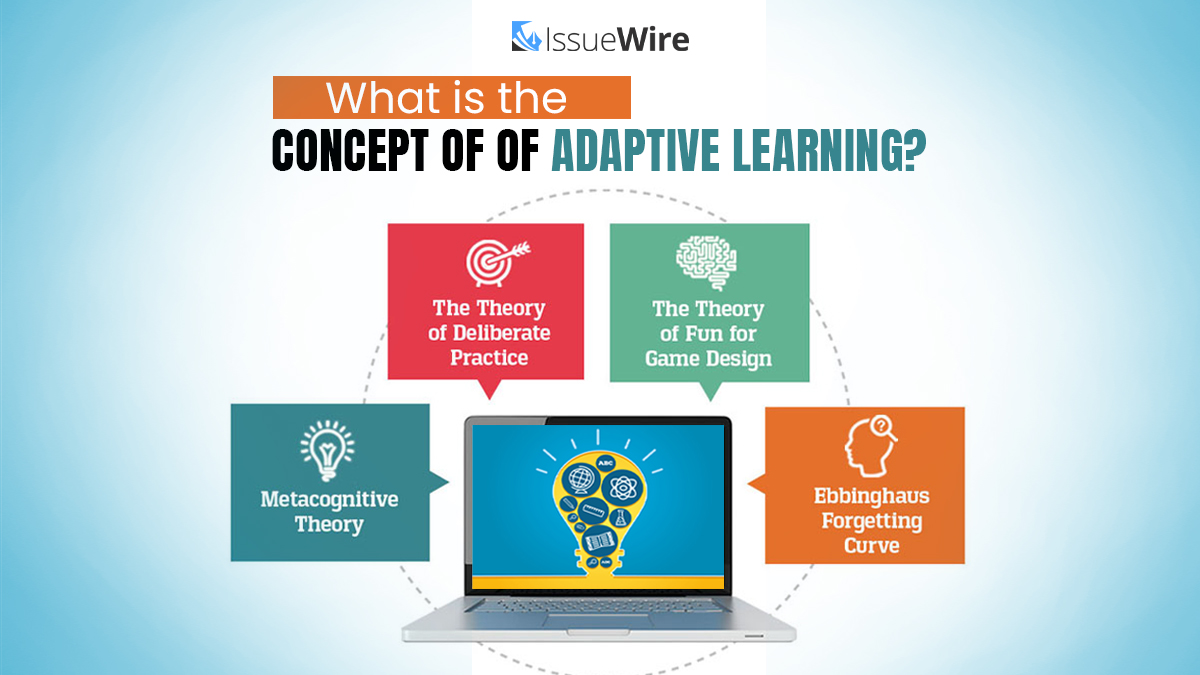Corporate Learning is one of the most crucial aspects of a company that includes stakeholders’ demand as well as company goals to align with the training program. The modern workforce does not seek for a long-hour module but requires something that is modern, personalized and effective without being generic or long-winded. The modern custom eLearning solutions can work for all kinds companies regardless of the industry.
Even though modern day training programs are quite effective and able to teach all kinds of individuals, these courses can often fail as the 60% of the newly acquired information is forgotten in less than 48 hours. Modern L&D teams are working on the new adaptive methods of learning which can help to solve the right problems. Let’s take a better view at it.
How to Define Adaptive Learning?
Adaptive learning is a process where the training experiences are adjusted in real-time along with the dynamics. The data-driven approach in this training program focuses on student behavior, needs, and knowledge levels in order to offer everyone a tailored learning experience. The adaptive learning platforms utilize interactions, diagnostics as well as ongoing performance data to find more room for improvement. Based on these aspects, the platforms decide what content to offer, when to offer it, and how. Such learning programs can be rerouted, accelerated, or paused based on the situation. As a result, the learning and training programs are becoming more flexible and adaptive.
Why Does Adaptive Learning Work?
Adaptive learning comes with a lot of positive sides as it aligns with human learning and embraces offering short and focused learning which helps in microlearning. In this case, training is offered in effective and digestible chunks that can easily fit into regular classes and workflows. These brief learning segments can help to reinforce core skills and help to retain knowledge along with assessment.
One of the pillars of adaptive learning lies in repetition which is considered to be a scientifically proven practice for long-term memory retention. In this case, the key learning points are revisited again and again to make sure learners can understand and implement in their work life. Adaptive learning helps to boost a learner’s learning ability which helps to improve speed and accuracy.
5 Benefits of Adaptive Learning
- It helps to improve learning outcome
- Higher completion rate
- Improves retention rates
- Better motivation and learner engagement
- Personalized learning experience
Technologically Advanced Platforms
A high-functioning adaptive system requires more than just an online platform. Modern-day technologies such as Learning Record Stores (LRS) and xAPI (Experience API) are currently being widely used by many companies around the world. These advanced platforms are well integrated with simulations, chatbots, mobile apps, Slack, and Virtual Reality (VR) situations. The adaptive algorithms and intelligence of the modern platforms help both the learners and the educators as well.
Data behind Adaptive Success
L&D managers are required to track knowledge for not just delivering training but to generate effective insight. It can help to compare departmental performance and team performance through specific question types and learning objectives. According a recent healthcare rollout, Qstream offers knowledge retention with 17% improvement and MaxLearn offered 80% content retention.
Final Thoughts
The influence of immersive technologies such as Augmented Reality (AR), Virtual Reality (VR) and many others is widely visible. These technologies are being used in adaptive learning to make the modern training programs more effective, personalized and impactful. The future of L&D is fairly dependent of the learning programs and it is for everyone to become more adaptive!








